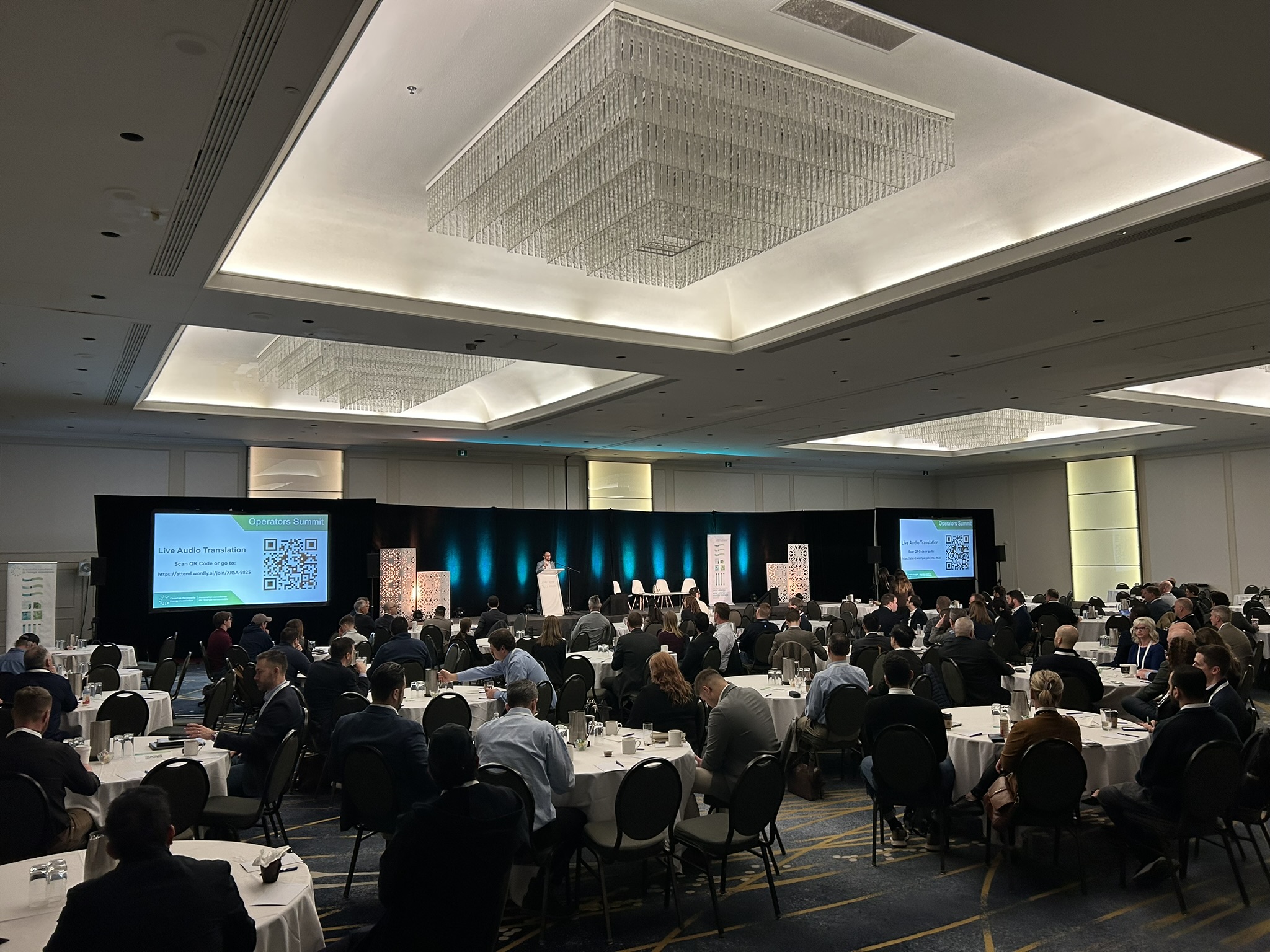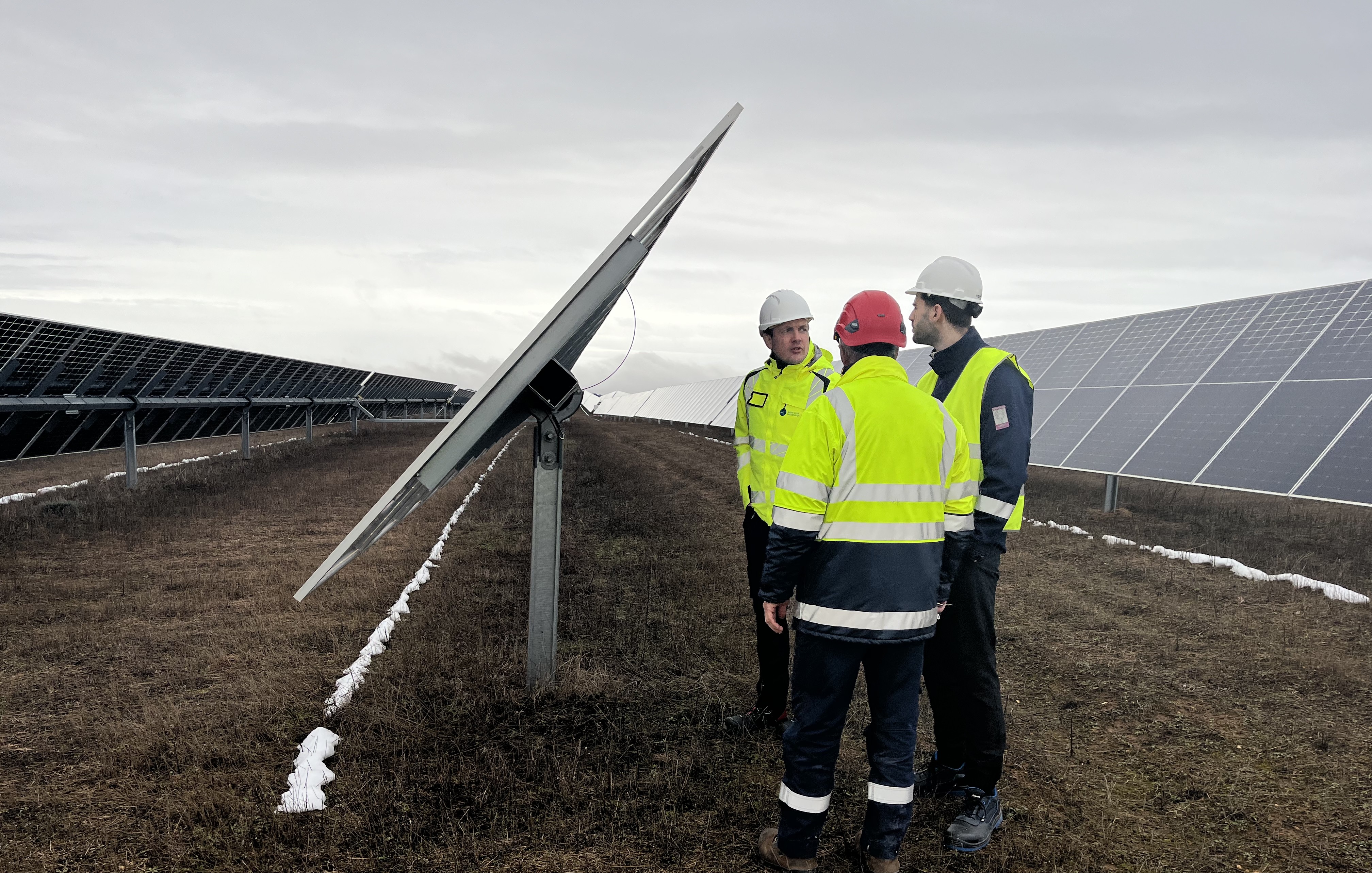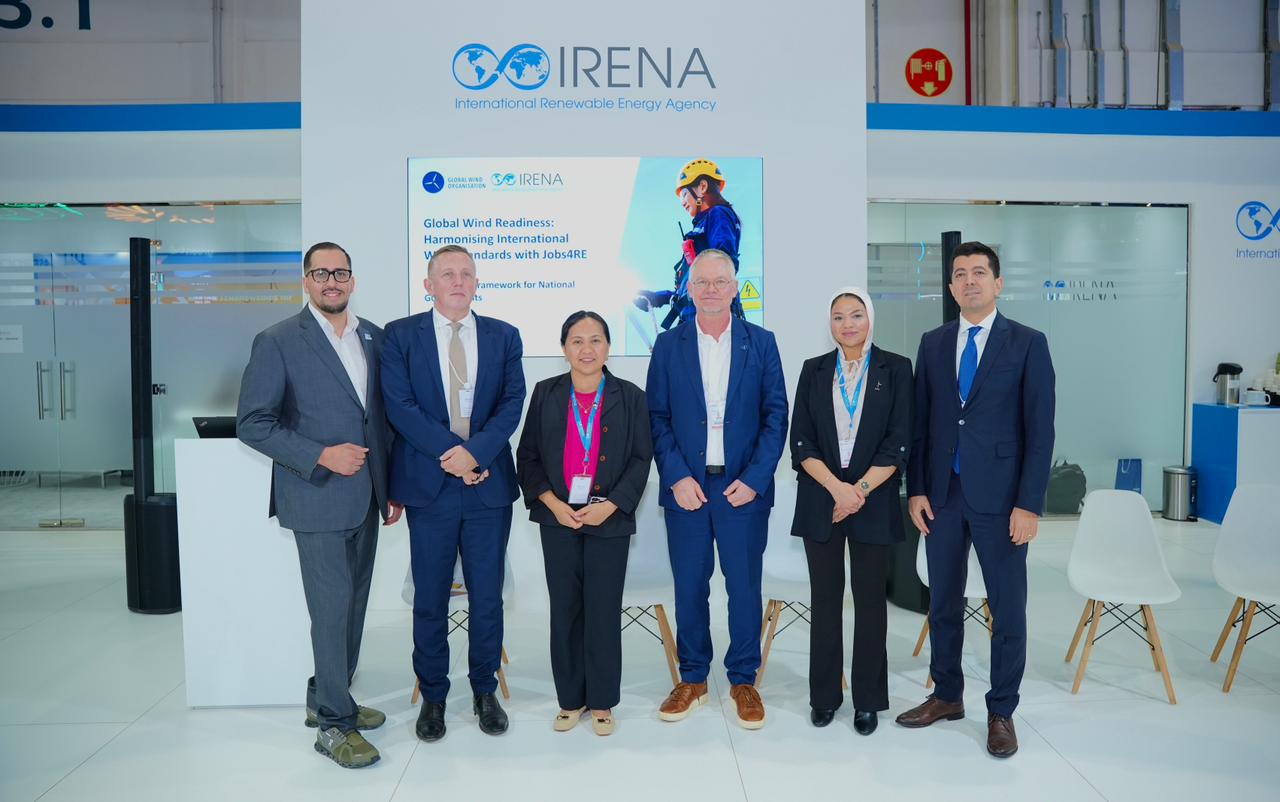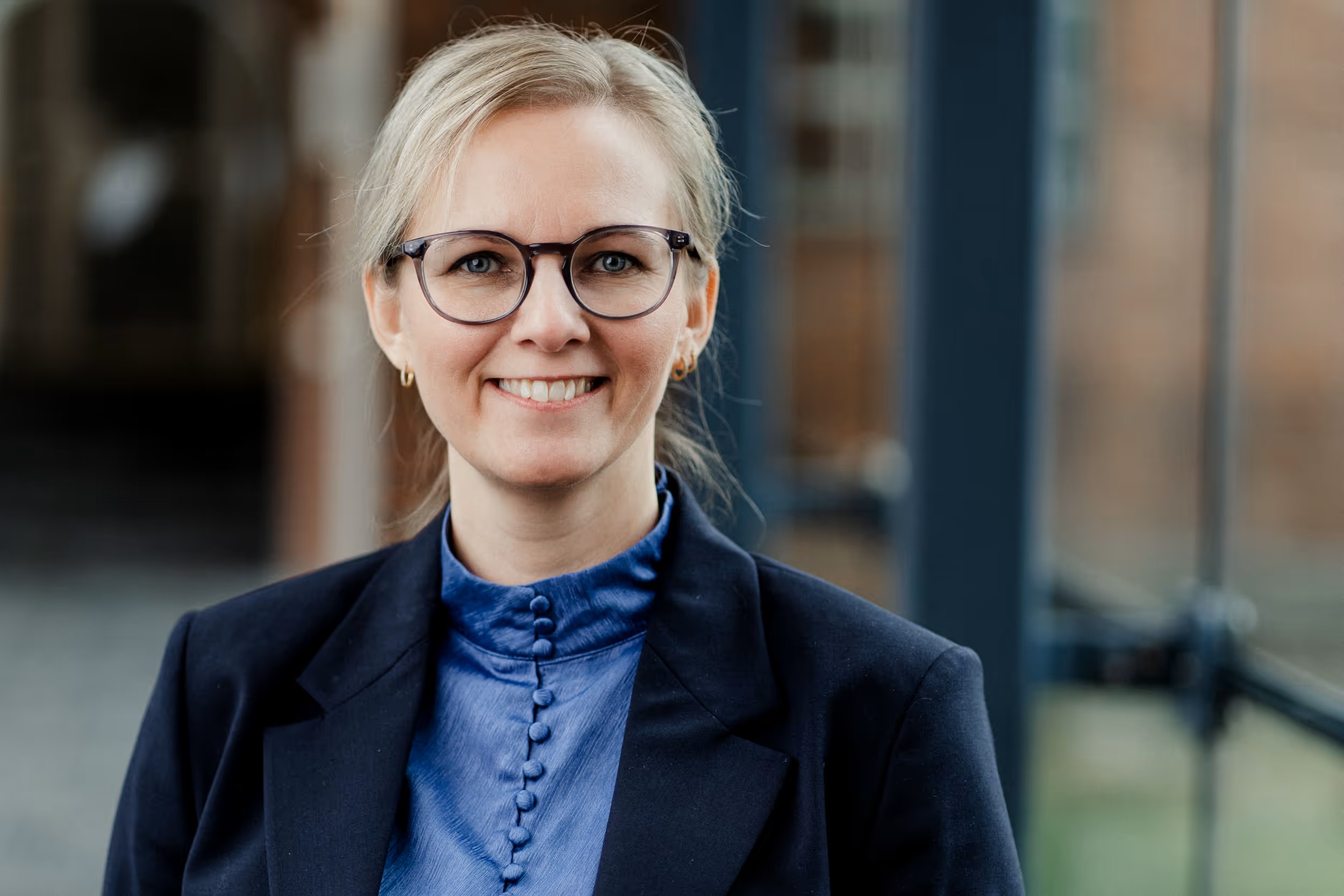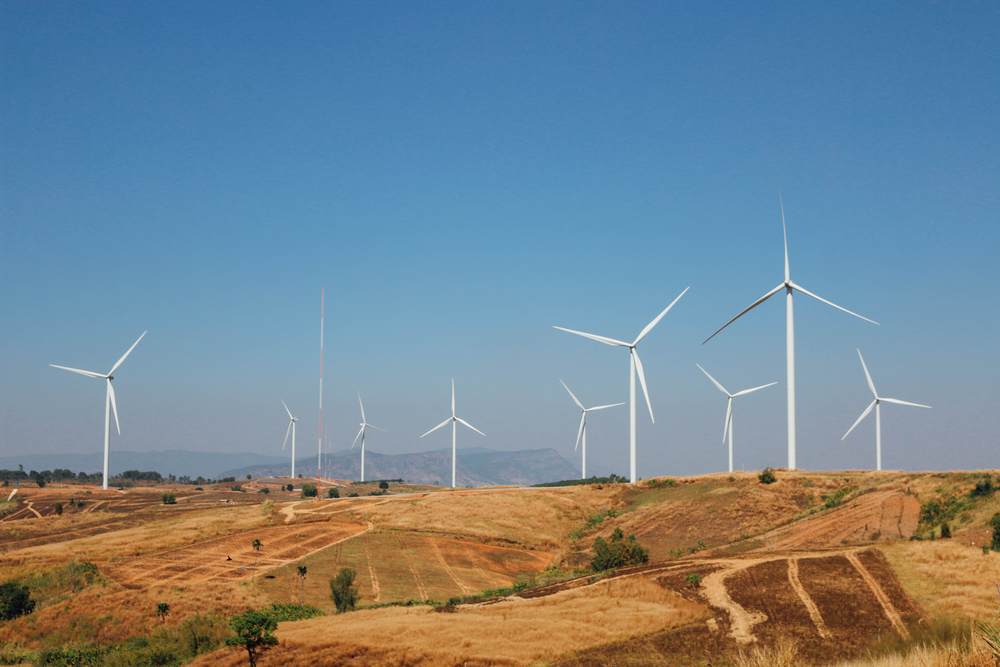EDF Renewables North America partners with Riverland Community College to train wind technicians
EDF Renewables North America (EDFR) is the latest addition to the growing list of GWO training providers in the US market.
.jpg)
EDF Renewables North America (EDFR) is the latest addition to the growing list of GWO training providers in the US market. Their path to certification was different than most and demonstrates an inspirational partnership to companies and community colleges to innovate for mutual benefits.
EDFR owns or operates over 4.5GW of onshore wind projects in the US, employing hundreds of technicians across multiple states. As their technician population has grown, so did the need to move to a centralized training location. Identifying a location for a training center is always difficult, often requiring significant investment in a facility to make it suitable for training. To avoid this, EDFR forged a partnership with Riverland Community College to utilize their existing wind technician training facility in Austin, MN. Riverland is strategically located near many of EDFR’s wind projects and close to Minneapolis, MN, a major travel hub.
As with many community college wind technician programs, enrollment in the Riverland Community College program fluctuates depending on industry hiring demands. So the direct partnership with industry is extremely beneficial, helping fulfill the college’s goals of local workforce development and, more practically, increasing classrooms and equipment utilization during periods when enrollment is low.
Once the partnership with Riverland was finalized EDFR took the opportunity to update their technician training program to incorporate the Global Wind Organisation (GWO) standardized training into their curriculum. EDFR started with the GWO Basic Technical Training (BTT) standard, seeing this as a clear benefit for their new-hire technicians, achieving initial certification in August. EDFR will also be adding the GWO Basic Safety Training (BST) to their new-hire training later in 2022.
“The GWO BST and BTT courses need to be the minimum standard for technicians coming into the industry,” said Trinity Doughan, the Director of Technical Learning for EDFR. “Hiring demand is so high and many candidates have lower skills. Standardized training is an effective means to increase safety across the board.”
The partnership with EDFR and having GWO as an industry recognized training standard BTT course also aided Riverland’s ability to access state education grants, which in turn helped them replace dated equipment while assisting EDFR in meeting GWO requirements. Peggy Young, a Customized Training Representative for Riverland Community College emphasized these win-wins, “When we can add a credential training program and an industry partnership to a grant application it is smooth sailing from that point forward.”
“Riverland has been great to work with,” said Doughan. “They had an existing facility that met most of our needs. We were able to bring our own training program and blend in elements of Riverlands Industrial Maintenance program to meet the requirements of the GWO BTT course.”
Young offered advice for other community college considering entering a partnership with wind companies.
“Find a partner that is willing to engage. Trinity and the EDFR team have been very responsive and quick to provide information needed for the grant application, curriculum development, and equipment purchases.”
There are over 100 community colleges and technical schools across the US and Canada that have offered wind technician training at one time or another (1). They all have experienced the enrollment fluctuations faced by Riverland Community College, which make it difficult to run continuous programs or justify the cost of adding certifications like GWO. At the same time, the US wind industry is experiencing unprecedented hiring supported by the renewable energy incentives in the Inflation Reduction Act (2) meaning companies rely on hiring candidates with little to no wind experience or applicable safety training. Simply put, these two trends are complementary, fewer candidates enroll in college programs during hiring phases, just when industry needs more candidates to be trained Two challenges where industry partnerships with established training institutions offer mutually beneficial opportunity for all parties involved: the hiring company, the college, and the worker. Together they also naturally contribute to the shared objective of increased safety standards across the industry.
GWO is working with member organizations and other industry associations to identify opportunities for these kinds of public-private partnerships. Contact GWO if you need assistance in identifying companies and colleges in your local area that are willing to explore partnerships.
(1) Energy.gov Office of Energy Efficiency & Renewable Energy’s WINDExchange site – Wind Energy Training Programs
(2) ACP Celebrates Historic Clean Energy and Climate Victory with Senate Passage of the Inflation Reduction Act of 2022
EDF Renewables North America is a market leading independent power producer and service provider with 35 years of experience. The company delivers grid-scale power: wind (onshore and offshore), solar photovoltaic, and storage projects; distributed solutions: solar, solar+storage, EV charging and energy management; and asset optimization: technical, operational, and commercial skills to maximize performance of generating projects.
Riverland Community College is a public community college with three campuses in southeastern Minnesota. Founded in 1940, Riverland offers a variety of educational programs and courses to over 4,900 students annually through traditional, hybrid, and online delivery systems. The college offers an array of academic degrees, including bachelor's degrees through partner institutions, associate degrees, diplomas, and certificates. Riverland Community College is accredited by the Higher Learning Commission and is one of 31 institutions in the Minnesota State Colleges and Universities system.
